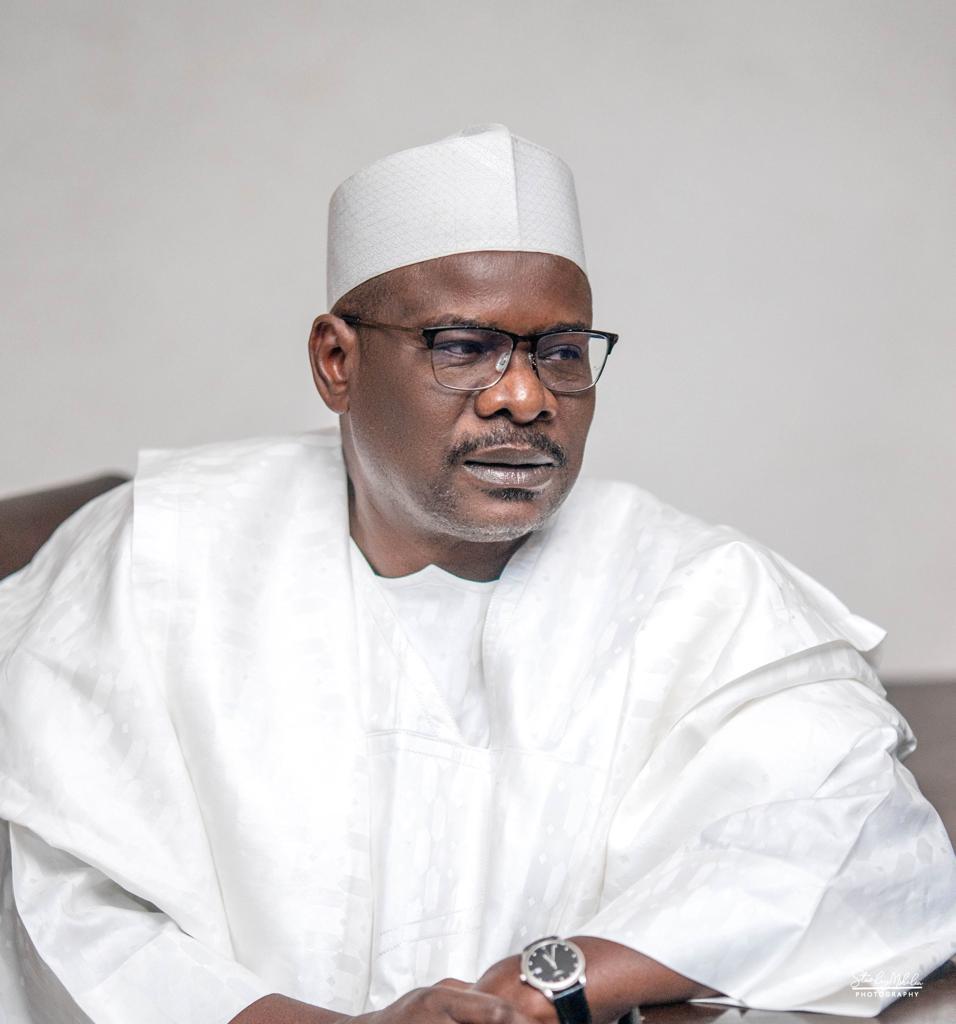
Former President Goodluck Jonathan has lauded the improved quality of made-in-Aba products, citing Governor Alex Ottiís efforts in transforming the region’s perception. Speaking at a University of Port Harcourt 1980s Alumni reunion in Umuahia, Jonathan stated that the previous negative image of Aba-made goods has been reversed, attracting more consumers.
“Before, in Abia State, once they say Aba made, people would laugh, but today, people are scrambling for Aba made,” Jonathan remarked, acknowledging Otti’s “intentionality in leadership.”
Simultaneously, in Abuja, Jonathan addressed the issue of governance and justice, warning against the dangers of injustice and unfairness in decision-making. Speaking at the Annual Colloquium of the Haske Satumari Foundation, he expressed concern over the state of emergency declared in Rivers State and broader governance challenges in Nigeria.
Jonathan argued that the crisis in Rivers State reflects systemic issues where executive, legislative, and judicial figures fail to uphold justice and the rule of law. He emphasized that such failures endanger national stability and future prosperity.
“What is happening in Nigeria today regarding the situation in River states is like an Indian proverb that said that if somebody is sleeping, really sleeping, you can easily wake up that person. But if that person is pretending to sleep, you find it difficult to wake up that person. The key actors in Nigeria, from executives to the legislature, and the judiciary, they know the correct thing to do, but they are refusing to do it.1 They are pretending to sleep,” Jonathan stated.
He criticized the “clear abuse of offices, clear abuse of power, clear abuse of privileges” across all three arms of government, urging leaders to strive for justice and fairness.2 He warned that compromised institutions deter investment and impede economic growth, as investors are wary of environments where judicial rulings may be influenced.
Jonathan concluded by calling for a sustained commitment to good governance, emphasizing that building a just society is a continuous process requiring collective action and unwavering dedication. His dual messages highlighted both the positive developments in regional commerce and the critical challenges facing national governance.








